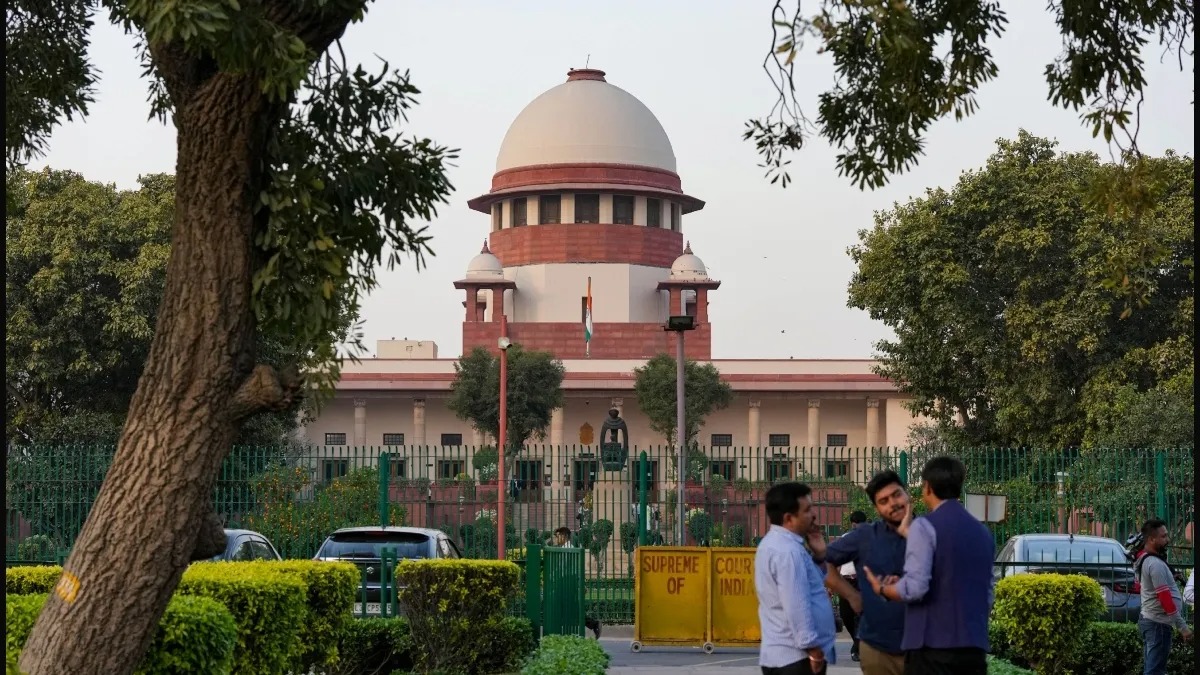
In a significant ruling, the Supreme Court granted divorce to a couple by exercising its special discretionary powers, emphasizing that the dissolution of marriage does not mean the end of life. The verdict highlights the court’s approach toward handling irretrievable breakdowns of marriages with a practical and humane perspective.
Key Observations by the Supreme Court
- Marriage Should Not Be Forced – The court stated that if a marriage has reached a point where reconciliation is impossible, forcing it to continue would only bring distress to both individuals.
- Life Moves Forward – The judgment underlined that ending a marriage does not mean the end of opportunities, happiness, or personal growth.
- Special Powers of the Court – The divorce was granted under Article 142, which allows the Supreme Court to pass orders in the interest of complete justice, even if normal legal procedures do not provide for it.
Impact of the Verdict
- This ruling sets a precedent for handling cases of irretrievable breakdowns, ensuring a quicker resolution for couples stuck in unhappy marriages.
- It reinforces the idea that divorce should not be viewed as a social stigma, but as a means to allow individuals to lead peaceful and fulfilling lives.
- Legal experts see this as a progressive step in India’s marital laws, particularly for cases where prolonged litigation adds to emotional and financial strain.
--Advertisement--

 Share
Share



